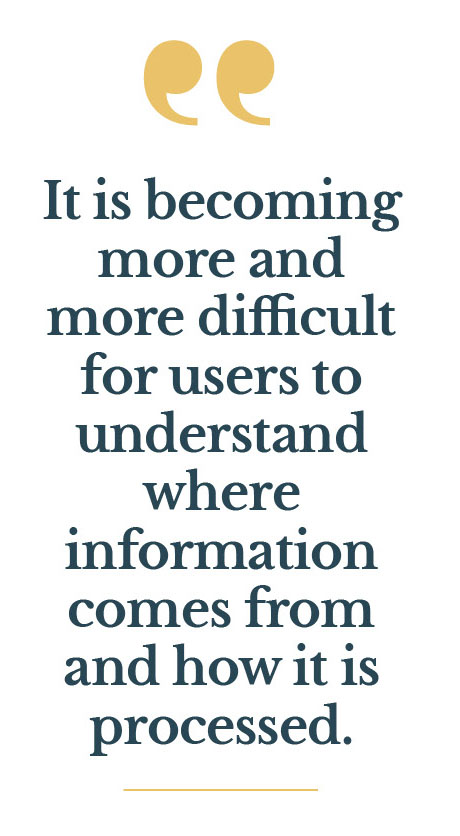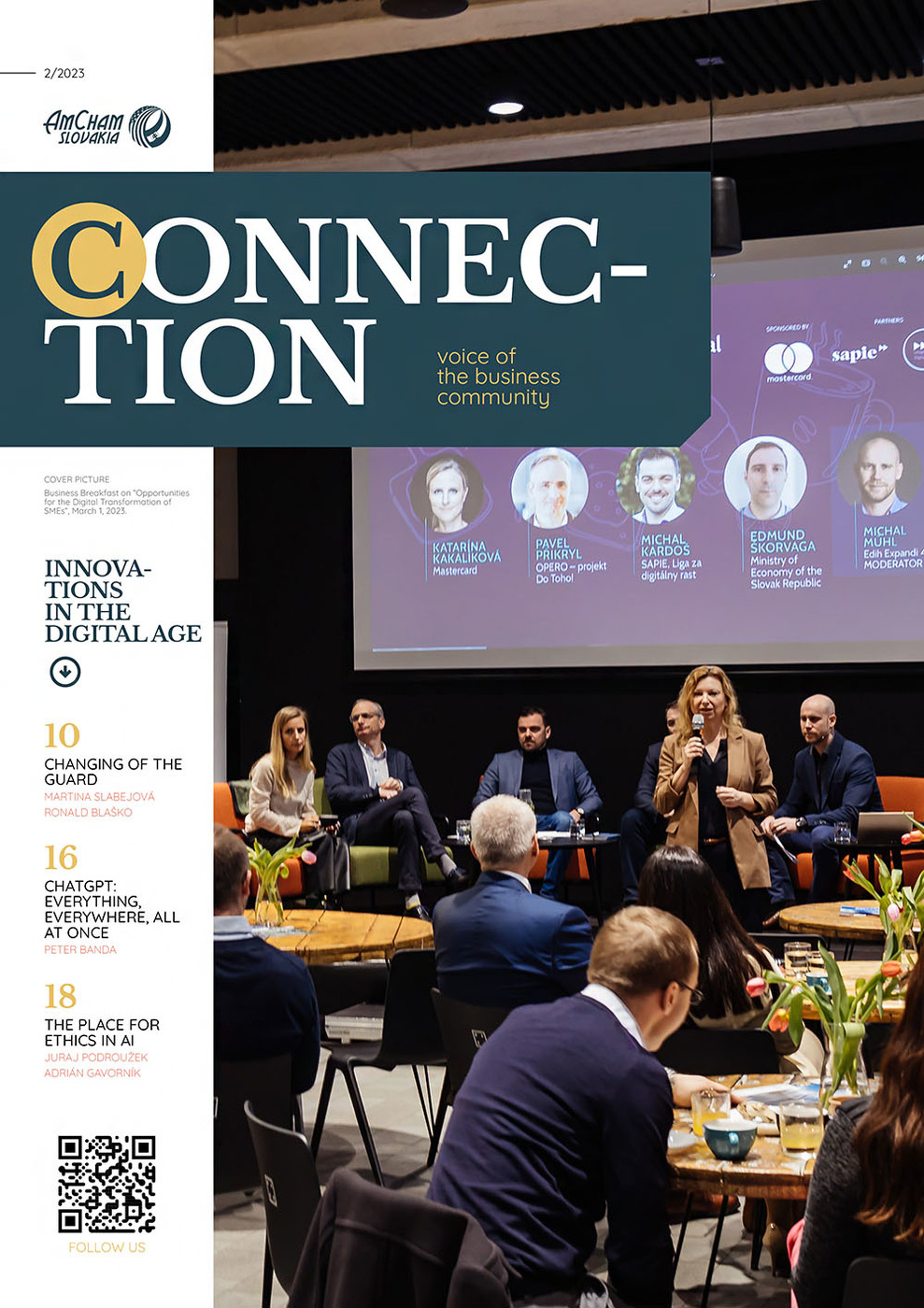We talked to Alexander Zagnetko, a KPMG expert in data management and digital transformation with more than 20 years of experience in data science, consulting, and project management. He joined KPMG in Kyiv three years ago, and, after the Russian invasion of Ukraine, he joined KPMG in Slovakia providing consulting services to help companies and organizations extract maximum value from various types of data and ensure business continuity in turbulent environment.
Your whole professional life is related to working with data and information, now moving into digital transformation and data science specialization. What is the biggest challenge you foresee in this area?
I’d say – a lack of transparency and explainability in data-related frameworks and solutions. They should not be a black box - it is becoming more and more difficult for users to understand where information comes from and how it is processed. This becomes especially relevant with the increasing deployment of AI for supporting decision making.
Data management and digital transformation, especially in the corporate sector, have evolved dramatically in recent years. What are the key disruptors that might also have influenced you and your approach?
Well, IT and operations are no longer separate, so to manage data, the language is not technology, but business. It makes no sense to automate chaos. Given the large-scale changes in recent years, it is important to understand that both data and business rules quickly become outdated, they need to be monitored, updated, and revised more and often, if not continually.
 How would you describe the current data management market? What are the biggest challenges?
How would you describe the current data management market? What are the biggest challenges?
We can consider data as a digital ore. Raw data is of little value. Companies often just store it. It is necessary to build the entire End-to-End process from data collection to creation of data driven products and services. This enables a prompt and flexible response to changes in consumer behavior and macroeconomic challenges - avoids disruption in supply chains, reduces costs, allows a choice of best options for business strategy. Many companies in the region are just approaching the Managed level (the second of five) on the KPMG Data Management Maturity scale. Their data management activities are performed ad hoc, primarily at the project level, and are not applied across all business areas.
What are the current trends and how do you see the future for data management particularly in the corporate sector?
Obviously, data volumes will continue to exponentially increase, simultaneously with the number of digital threats. The main challenge the corporate sector faces is elaborating comprehensive data management strategies to cover the entire data life cycle. The value of labeled data for ML/AI will grow rapidly. Advancement of powerful ecosystems for data aggregation, processing and monetization will accelerate.
How beneficial can new data management techniques and strategies be for companies?
The term “digital disruption” is not a buzz word. The digital gap between leaders and back-markers is growing rapidly. The competitive environment can change completely very fast not even because of rivals from your industry, but because of newcomers. Digital leaders perform several times better in customer and employee experience, stock pricing, revenues and profits, operational efficiency, and time to market for new product or service offering.
Working with clients in digital transformation, advanced data management, predictive analytics projects, we not only achieve quick wins, but also provide long-term results, increasing operational performance and ROI many times over.
Can you share a few words about your experience over the last year?
It is difficult to put into words my experience over the last year. All I can say with certainty is that the solidarity and support I have received both professionally and personally in Slovakia has been incredible. I am very fortunate to have met many amazing people this year. Slovakia is a beautiful country with great people and significant potential.
Alexander Zagnetko, Consulting, Data Management and Digital Transformation, KPMG in Slovakia



Follow us